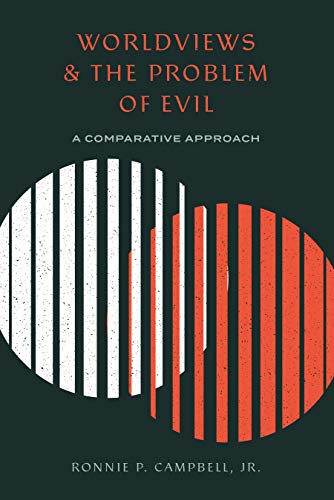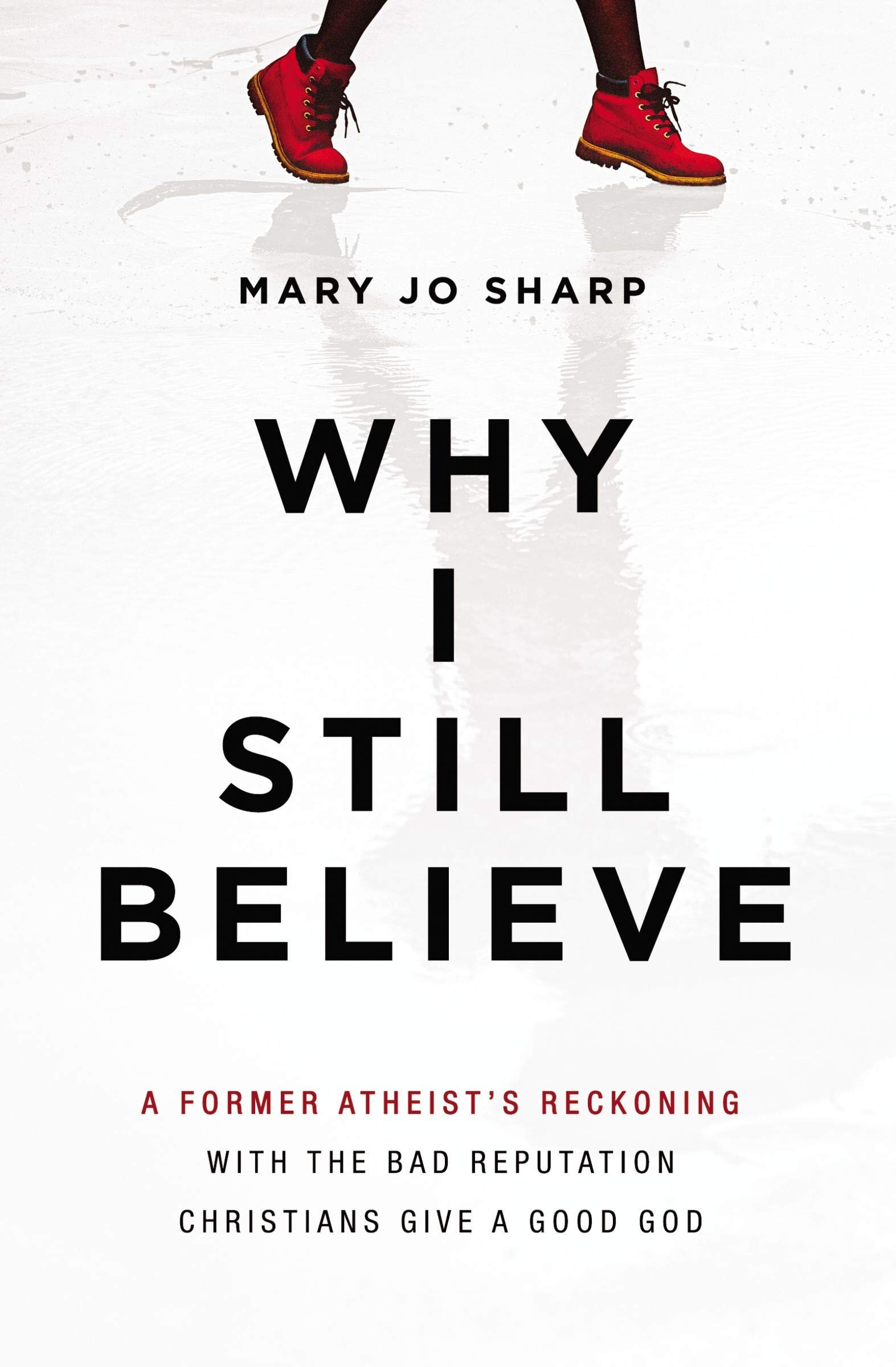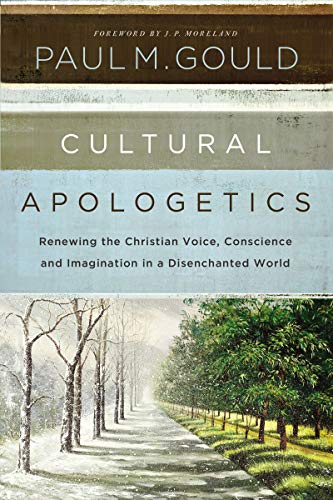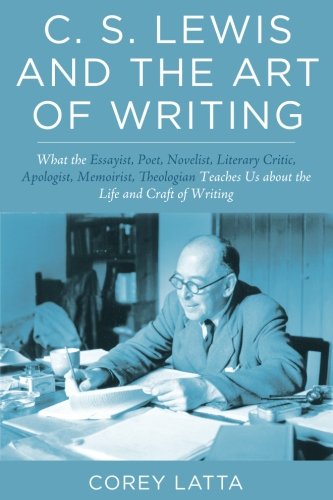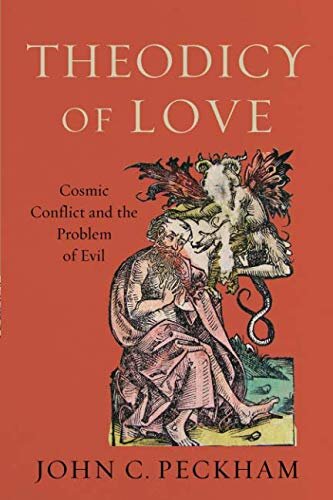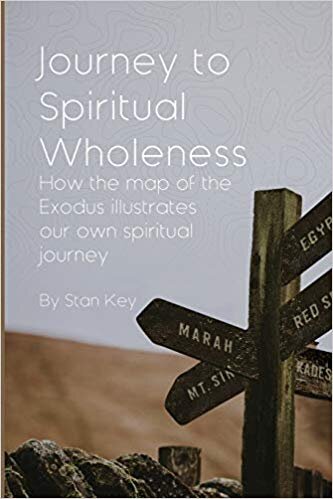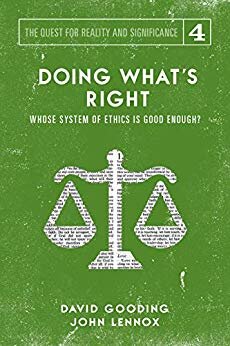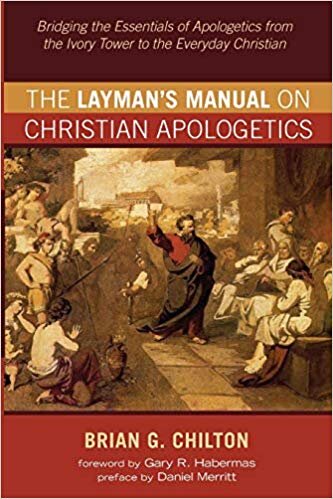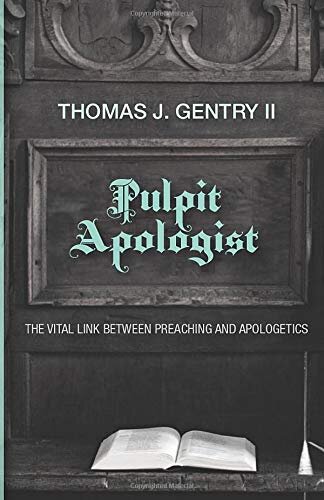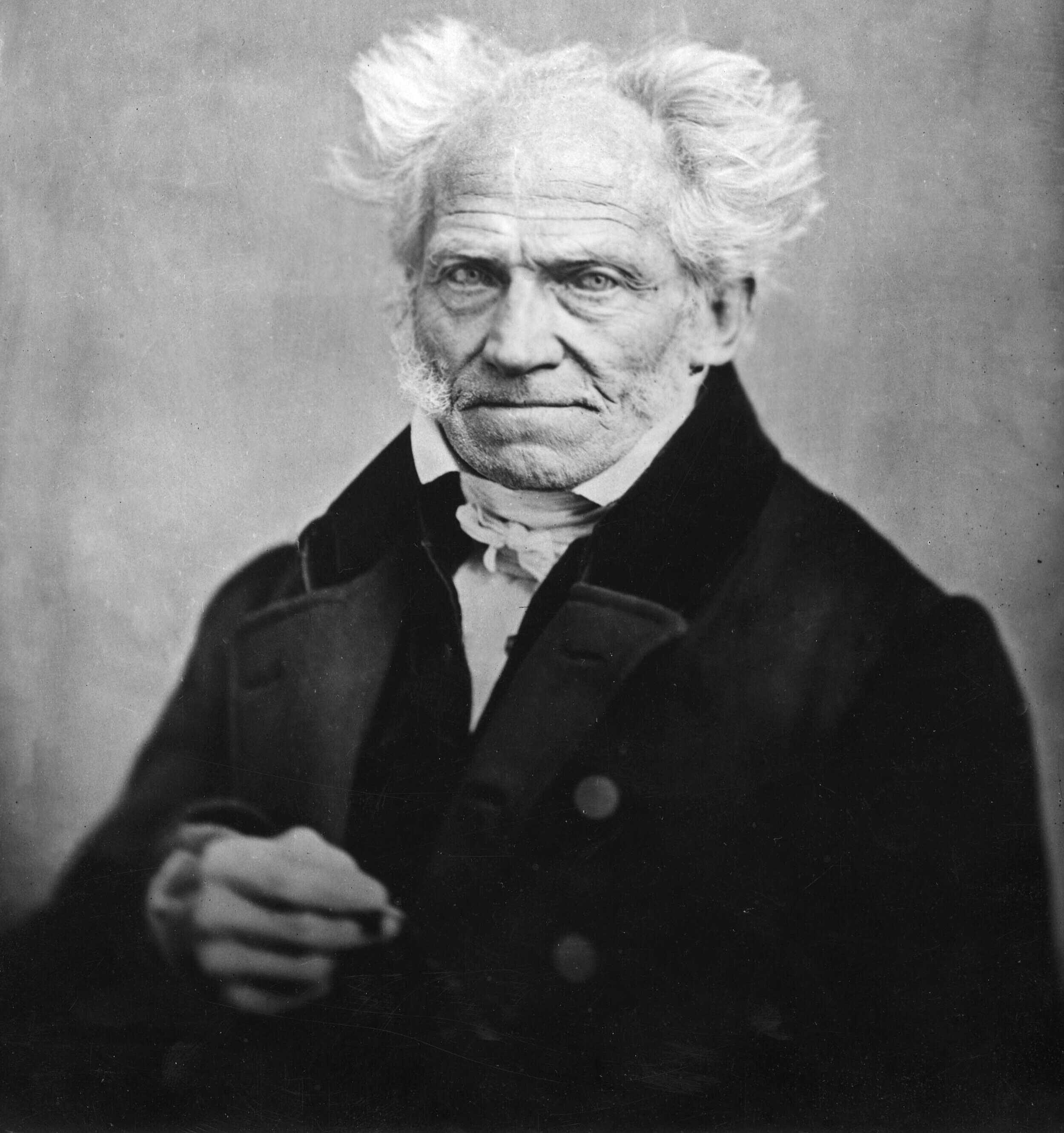NIETZSCHE MISUNDERSTOOD CHRISTIANITY
Admittedly, the Christendom of Europe that Nietzsche observed was at a low point spiritually. The German Enlightenment grew out of rationalism in conjunction with German Idealism. Nineteenth-century German theologians personified the barren Apollonian culture against which Nietzsche rebelled. Christianity had become sterile and arid. Theological Liberalism, left with nothing miraculous or authoritative, emphasized ethics over doctrine. The higher critical method of interpretation chipped away at the biblical standard for morality leaving moral issues up to individuals, the church, or the state. In the words of the Old Testament, “everyone did what was right in his own eyes.”[i] Thus, Nietzsche called Christianity Nihilism. The culprits were the priestcraft that included ministers, theologians, and philosophers.
Concerning the philosophical cognoscenti of the previous two centuries, Nietzsche wrote, “German intellect is my foul air: I breathe with difficulty in the neighborhood of this psychological uncleanliness that has now become instinctive – an uncleanliness which in every word and expression betrays a German.”[ii] He had no sympathy for philosophers such as Hegel, Fichte, Schelling, Schleiermacher, or even Schopenhauer, calling them “unconscious swindlers.”[iii] Nietzsche attacked David Friedrich Strauss, for example, as a “type of German Philistine of Culture and a man of smug self-content.”[iv] Yet, he accepts without question the fundamental presuppositions of German theologians that deny the historicity and authority of the New Testament. Because of this Nietzsche completely misinterpreted Jesus and Paul. Though he despised Strauss, Nietzsche acceded to Strauss’ rejection of the divinity of Jesus Christ.
Walter Kaufmann obsequiously defended Nietzsche’s atheism as “a corollary of his basic commitment to question all premises and to reject them unless they are for some reason inescapable.”[v] However, Nietzsche did not challenge the theological premise that created the European Christendom he opposed so passionately. If Nietzsche had questioned the underlying rationalistic presuppositions of the German Enlightenment concerning the nature and authority of the Bible, he might still have rejected Christianity; however, he would at least have had a clearer understanding of what it meant to have an existential encounter with the risen Christ. From Nietzsche onward, modernism and postmodernism have seen Christianity as a “bad fiction”[vi] based on a set of bad ideas. Nietzsche’s fatal flaw was that he had no concept of Christianity as a relationship with the Creator of the universe. He could not conceive of any Dionysian aspects of the genuine Christian life. An encounter with the risen Christ fills the follower with a joy that passes understanding and overflows with music and dance.
DIONYSIAN ASPECTS OF CHRISTIANITY
The metaphor of Dionysian ecstasy in music and dance can easily be seen in the lives of those who have encountered Christ. The Christian’s Holy Scripture is replete with examples of people who experience a joyous encountered with, as Francis Schaeffer put it, “the God who is there.”[vii] Though the Bible does present a Christian philosophy, it is not primarily a philosophical book. Evangelical Christians believe the Bible is divine revelation from God in propositional form. In any case, it is a written record of people’s experience with God. Believers throughout history lived the Dionysian life-affirmation Nietzsche hoped to achieve. Examples from the Old Testament and the New Testament demonstrate the positive aspects of Dionysian enthusiasm.
The book of Exodus records the historical events of God’s deliverance of the people of Israel through the Red Sea. Once safely across the sea, Moses and the people broke out into ecstatic celebration.
I will sing to the Lord,
For He has triumphed gloriously!
The horse and its rider
He has thrown into the sea!
The Lord is my strength and song,
And He has become my salvation.[viii]
Immediately after the Song of Moses, Miriam could not contain her enthusiasm. “Then Miriam the prophetess, the sister of Aaron, took the timbrel in her hand; and all the women went out after her with timbrels and with dances.” In a truly Dionysian life-affirming style of celebration, she danced and sang. Nietzsche’s experience at Bayreuth in 1876 convinced him that Wagner’s attempt to make a religion of the art of music could not work. Safranski explained that Nietzsche “experienced firsthand how a hallowed art event could deteriorate into banality.”[ix] Miriam’s dance, however, was a spontaneous improvisation.[x] Music welled up from within the crowd and compelled the women into a unifying dance. The jubilation was not drug or wine induced. The people experienced Dionysian ecstasy in its purest and most positive form.
2 Samuel 6:1-17 provides another example of exuberance resulting in an encounter with the Living God. King David brought the Ark of the Covenant into the City of Jerusalem. The Scripture understates his delight saying he brought, the “ark of God from the house of Obed-Edom to the City of David with gladness.”[xi] He took six steps and then overcome with euphoria, the Bible says, ““Then David danced before the Lord with all his might.”[xii] David’s Dionysian fête had an Apollonian effect on his wife. “Michal, Saul’s daughter, looked through a window and saw King David leaping and whirling before the Lord; and she despised him in her heart.”[xiii] She called his display of passionate merriment “shameless” (נִגְל֖וֹת). As indicated earlier, Apollonian art is sterile and represents restraint. Michal’s response left her barren for the rest of her life. She represents the somatophobia that Nietzsche observed in nineteenth-century European Christendom. In simple terms, European church goers believed the spiritual is good, and the physical is bad because it left nature “bloodless and passionless.”[xiv] Nietzsche wrote, “The Christian is an example of exaggerated self-control: in order to tame his passions, he seems to find it necessary to extirpate or crucify them.”[xv] David responded with Dionysian passion in music and dance, “I will play music before the Lord. And I will be even more undignified than this.”[xvi] Iselin and Meteyard express the duality as an epistemic clash. “When reflecting on their personal epistemology, or individual ways of knowing God and his truth, many Christians today distinguish between so-called head-knowledge and heart-knowledge.”[xvii] David blended both Apollonian and Dionysian culture. His rational and experiential understanding of God led him to coin the phrase praise the Lord.
The Apostle Paul, whom Nietzsche called “that pernicious blockhead,”[xviii] demonstrated a Dionysian exuberance which Nietzsche completely overlooked. Suffering from a severe beating and shackled hand and foot to a prison wall, Paul and Silas jubilantly sang.[xix] They did not sing out of a lack of hope or from despair over an eternally repeating tragedy. Their music was not a desperate attempt to embrace their fate – amor fati. They sang because they had a genuine relationship with the God of creation. Saints like Paul did not need to reject this world. They did not merely look toward the next world for hope. They lived a life of joy embracing the present world. They said yea to life as an existential encounter with the God who exists which included both this world and the next. The metaphor of Dionysian – Apollonian duality can be seen in other passages in the Bible. In the parable of the Prodigal Son, Jesus told about two sons. The younger son squanders his inheritance and in desperation returns home to his father who greeted the wayward son with a jubilant celebration of music and dance. The older son, representing the Apollonian attitude, responded in anger toward the revelry. His life was spent in self-denial desperately hoping for some future inheritance.
From the creation narrative in Genesis to the last chapters of the book of Revelation, history is portrayed as a great dance performed by the Creator. Genesis chapter one is written in poetic form, perhaps as an ancient Hebrew song of creation. “In the beginning God created the heavens and the earth.” The Spirit moved across the water. I might paraphrase it as the Spirit danced across the waters. The book of John chapter one tells us that Jesus, the Word, was there in the beginning participating in the dance of the Triune God.
According to Jerry Walls, the doctrine of the Trinity explains the eternal nature of love. God is one in three persons. He did not need to create in order to express his love. Yet, he created “us out of love, and his choice to create us is an overflow of who he is in his eternal nature.”[xx] Walls invoked the words of C.S. Lewis to explain what this means. God is not a static thing, but rather a “dynamic, pulsating activity, a life, almost a kind of drama. Almost if you will not think me irreverent, a kind of dance.”[xxi] The Father, Son, and Holy Spirit existed from all eternity in a relationship of mutual love, joy, and delight. God wants us to join him in “the dance of joy that energizes the three persons of the Trinity.”[xxii] In the final chapters of the Bible, George Frederic Handel heard the music of the angelic hosts at the culmination of history when he penned the Hallelujah Chorus. From before the beginning of time and throughout eternity, God desires for us to share in the Triune dance. Walls concluded that some, like Nietzsche, rather than embracing the opportunity to dance, “choose to reject the offer and attempt to construct their own substitute for joy... In so doing, they reject the only possible source of deep and lasting happiness, and thereby consign themselves to frustration, misery and suffering.”[xxiii] Nietzsche personified the results of choosing not to dance with the Creator. He manufactured a hopeless eternal recurrence whereas God offers a joyous eternal dance.
CONCLUSION
Nietzsche’s philosophy was not a radical departure from the dry, lifeless dogma of German intellectualism. He represents the culmination of all Enlightenment thinking. If the atheists are correct and God does not exist, then Nietzsche’s conclusions follow naturally. Life is meaningless leading to a worldview of despair. If Nietzsche’s fundamental assumption that God is dead, however, is not the case, then the entire structure of his philosophy falls like the house built upon the sand. Nietzsche’s understanding of Christianity, according to Horton, is “insipid” and a “caricature.”[xxiv] If God exists, Nihilism will not be the result of genuine Christianity as Nietzsche predicted. Francis Schaeffer concluded that Christianity “differs from Nihilism, for Nihilism, though it is correctly realistic, nevertheless can give neither a proper diagnosis nor the proper treatment for its own ills.”[xxv]
Ultimately, Michael Horton correctly concluded that “the definitive power for the Christian community is neither Apollo (resignation to defeat) nor Dionysus (the will to power) but the Lamb who was slain for others but now is alive.”[xxvi] Christianity is not Romanticism, Mysticism, or an Existentialist leap of faith which have abandoned the authenticity and authority of Scripture. Experiencing the life-affirming God revolves around God communicating in propositional statements that are true. St. Jerome wrote, “For if, according to the Apostle Paul, Christ is the power of God and the wisdom of God, and the one who does not know the Scriptures does not know the power of God and his wisdom, [then] ignorance of the Scriptures is ignorance of Christ.”[xxvii] As I apply the metaphor of Apollo and Dionysus, I see no tension between the existential encounter with the risen Christ and the propositional truth found in his Word. Christianity provides the reason for tragedy in the world but also allows access to the One who can bring joy in this world and the next. Those in despair need only to embrace the God who is there. In the words of Zarathustra, “I should only believe in a God that would know how to dance.”[xxviii] As Walls concluded, “that God wants to dance with Nietzsche, and he will do everything he can to get Nietzsche... in the dance.”[xxix] Even the death of Jesus Christ on the cross is “God’s ultimate statement that he wants us to come home to him and learn to dance.”[xxx] Since Nietzsche is wrong about the non-existence of God, it is possible to embrace a relationship with the God who is there. Jesus does more than know how to dance. He is the Lord of the Dance.
notes:
[i] Judges 17:6, https://www.biblegateway.com/passage/?search=Judges+17:6&version=NKJV
[ii] Friedrich Nietzsche, Ecce Homo, Thoughts Out of Season, translator: Anthony M. Ludovici, Horace B. Samuel, John McFarland Kennedy, Paul V. Cohen, Francis Bickly, Herman Scheffauer, and G.T. Wrench, (The Modern Philosophy Series, http://www.e-artnow.org/, 2017), 661. Digital version.
[iii] Nietzsche, Ecce Homo, 661.
[iv] Nietzsche, Ecce Homo, 661.
[v] Walter Kaufmann, Nietzsche: Philosopher, Psychologist, Antichrist, (Princeton, NJ: Princeton University Press, 2013), 134.
[vi] Brian Ingraffia, Postmodern Theory and Biblical Theology, (UK: Cambridge University Press, 1995), 2.
[vii] Francis Schaeffer, The Francis A. Schaeffer Trilogy, (Wheaton, Illinois: Crossways Books, 1990), 47.
[viii] Exodus 15:1-2 NKJV.
[ix] Safranski, 140.
[x] Exodus 15:20-21 NKJV.
[xi] 2 Samuel 6:12 NKJV.
[xii] 2 Samuel 6:14-15 NKJV.
[xiii] 2 Samuel 6:16 NKJV.
[xiv] Nietzsche, The Will to Power, 133.
[xv] Nietzsche, The Will to Power, 133.
[xvi] 2 Samuel 6:21-22 NKJV.
[xvii] Darren Iselin and John D. Meteyard, The ‘Beyond in the Midst’: An Incarnational Response to the Dynamic Dance of Christian Worldview, Faith and Learning, Journal of Education & Christian Belief 14, no. 1 (Spring 2010): 33–46. doi:10.1177/205699711001400105.
[xviii] Nietzsche, The Will to Power, 105.
[xix] Acts 16 NKJV.
[xx] Walls, 160.
[xxi] Walls, 160. Quoted from C.S. Lewis, Mere Christianity, (San Francisco: Harper, 2001), 175.
[xxii] Walls, 161.
[xxiii] Walls, 162.
[xxiv] Michael Horton, “Eschatology After Nietzsche: Apollonian, Dionysian or Pauline?” International Journal of Systematic Theology, vol. 2, number 1, March 2000, 59. 29-62.
[xxv] Schaeffer, 46.
[xxvi] Horton, 59.
[xxvii] The Commentary on Isaiah By St. Jerome,1. Ancient Christian Writers, The Works of The Fathers in Translation, Translated and Introduction by Thomas P. Scheck, (New York: The Newman Press, 2015). https://biblia.com/api/plugins/embeddedpreview?resourceName=LLS:JEROMECOMMIS&layout=minimal&historybuttons=false&navigationbox=false&sharebutton=false#
[xxviii] Friedrich Nietzsche, Thus Spake Zarathustra, Dover Thrift Edition, Translated by Thomas Common, (Mineola, New York: Dover Publications, Inc., 1999), 24.
[xxix] Walls, 164.
[xxx] Walls, 163.











